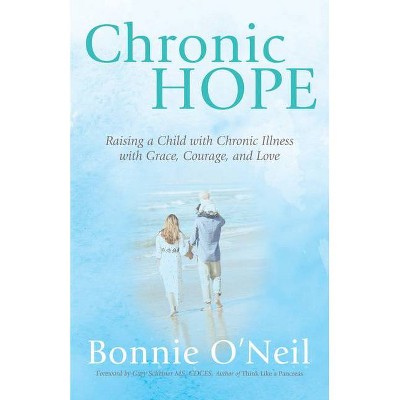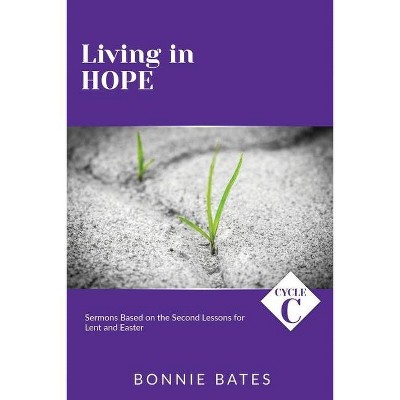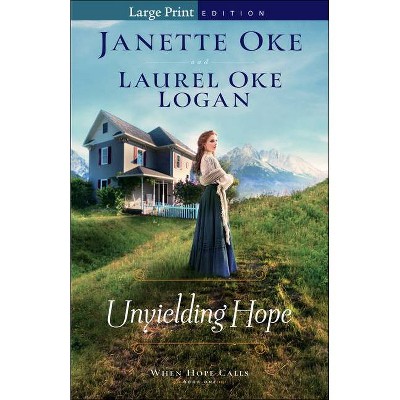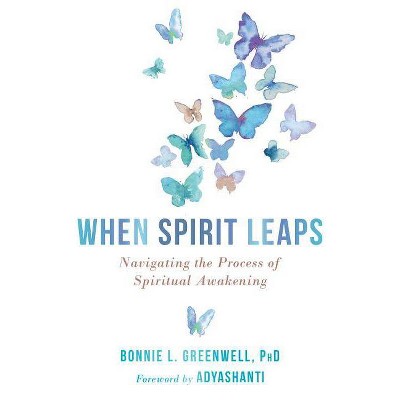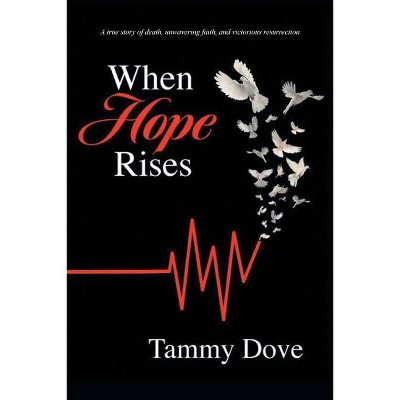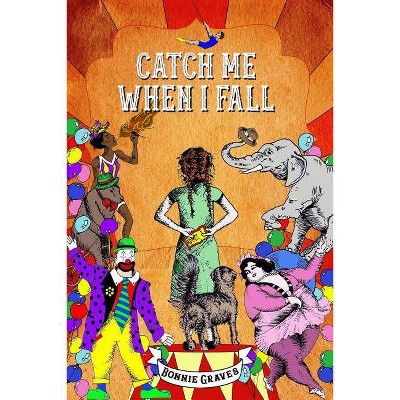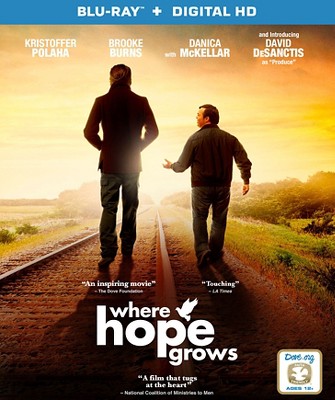Hope When the World Shut Down - by Bonnie R Pearson & Vicki Gollihue (Paperback)
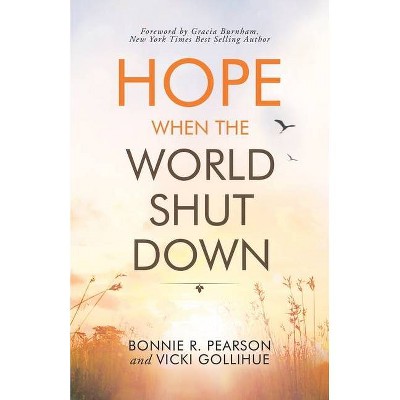
Similar Products
Products of same category from the store
AllProduct info
<p/><br></br><p><b> Book Synopsis </b></p></br></br><p>Like a cool drink on a summer day, "Hope When the World Shut Down" offers an oasis of hope from a world that often leaves us parched and exhausted. <p/> A compilation of short stories from believers in all walks of life, these snapshots, written during the heart of the COVID-19 pandemic, will leave you laughing and crying as you read how ordinary people held onto God's promises. <p/> You'll be sure to identify with these easy-to-read stories by doctors, educators, students, ministers, homemakers and grandparents, packed with uplifting Scripture. Whether reading it as a daily devotional or all in one sitting, you will come away refreshed, feeling like you just spent an evening with an old friend.</p><p/><br></br><p><b> About the Author </b></p></br></br><p>Bonnie R. Pearson has a heart for people and ministry. She is a gifted speaker and uses the creative arts to share the love of the Lord through concerts and recording. Bonnie is co-director of EHAD Ministries and a vocalist in the music group, EHAD. The author of two children's books, she has written and directed many plays and musicals. A mother of four and "Nonna" to four grandsons, she resides in Erial, New Jersey with her husband, Dan. <p/> Vicki Gollihue has a passion for telling stories through song and the spoken word. Her background in ministry and music has given her the heart to encourage and uplift. She is a concert vocalist and voice teacher with a gift for, and great love for, teaching her students. She also enjoys her work as a freelance copy editor. A mother of four and grandmother of three, Vicki and her husband, Keith, live in Erial, New Jersey.</p>
Price History
Price Archive shows prices from various stores, lets you see history and find the cheapest. There is no actual sale on the website. For all support, inquiry and suggestion messagescommunication@pricearchive.us
